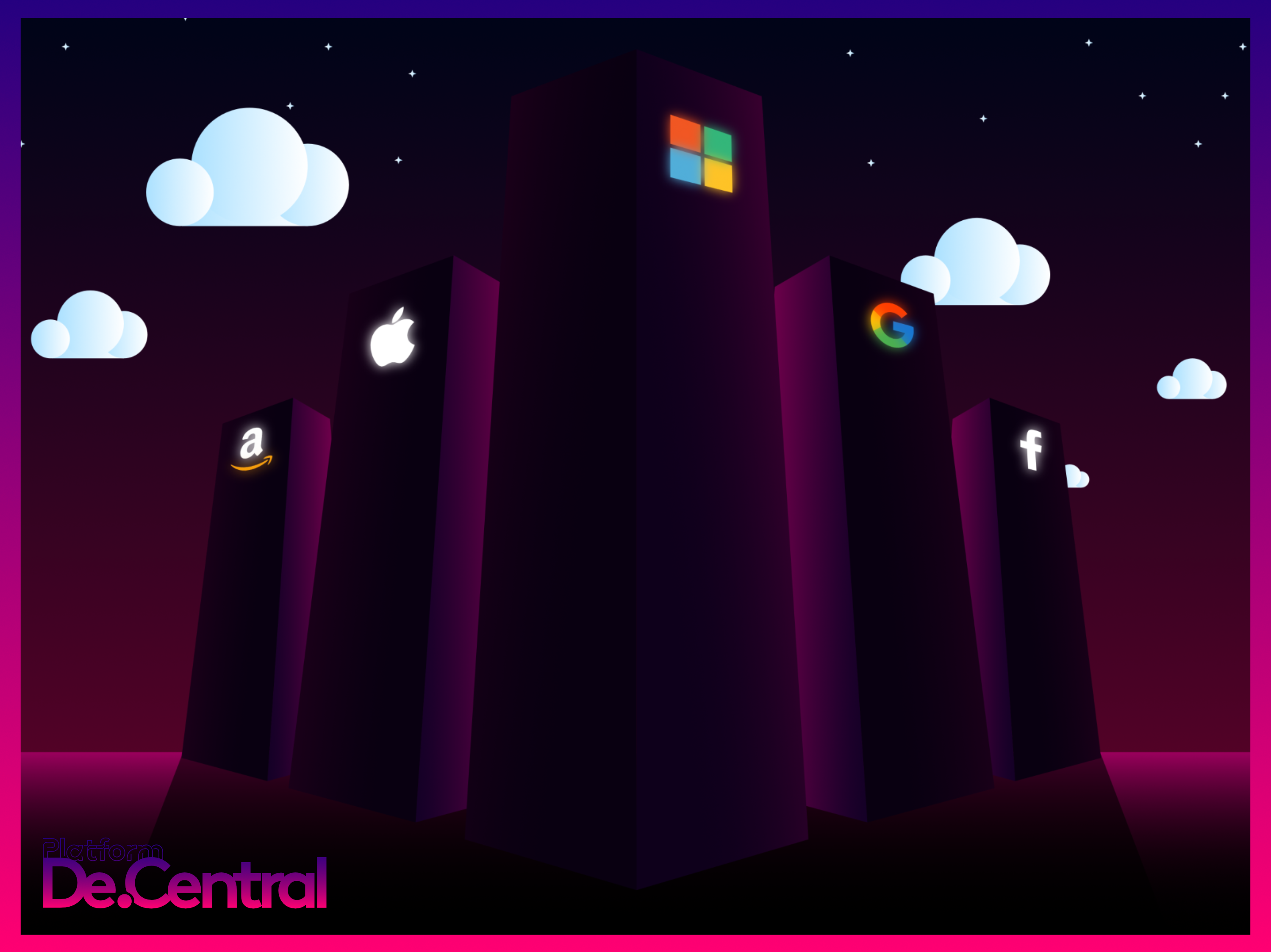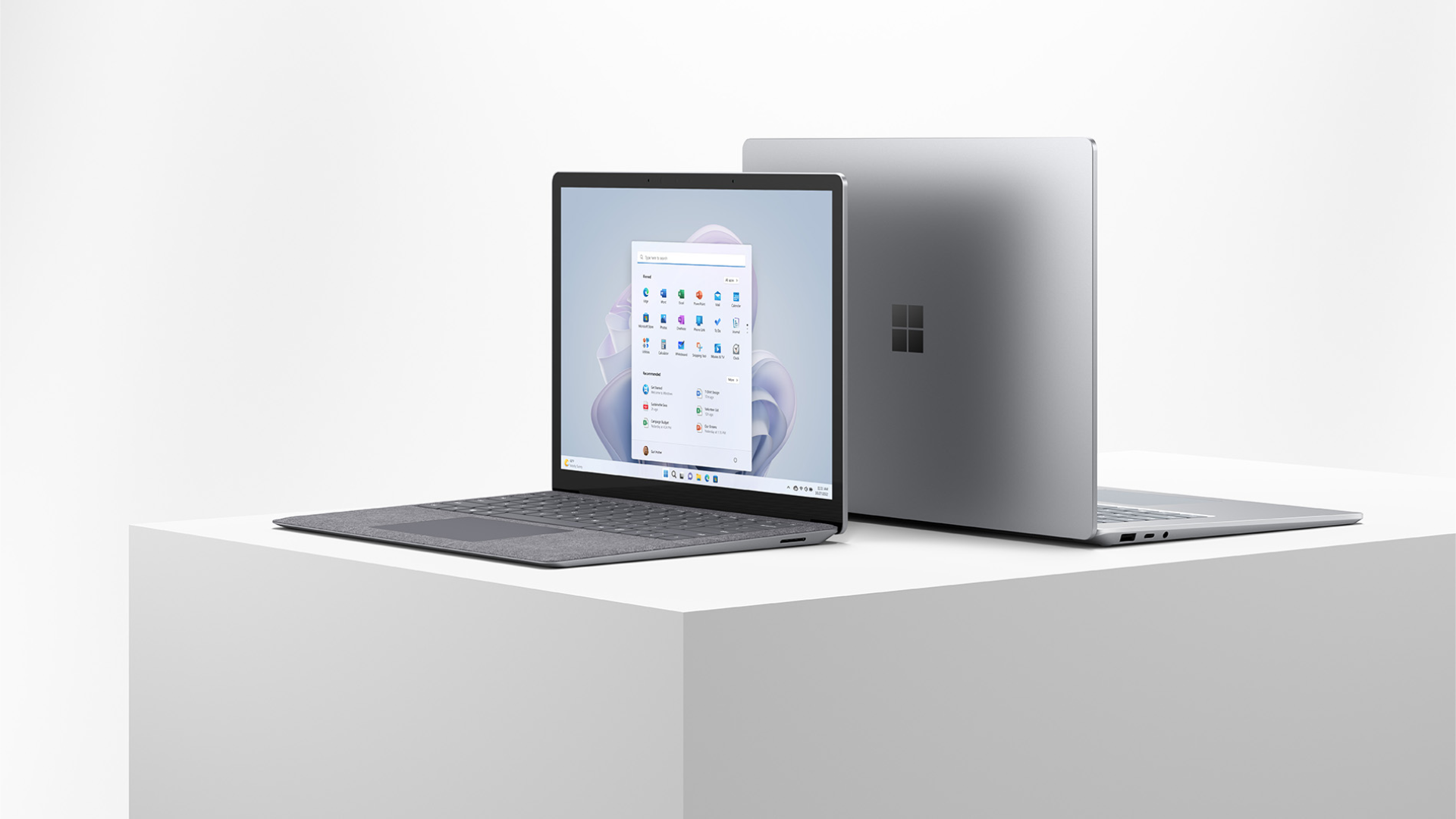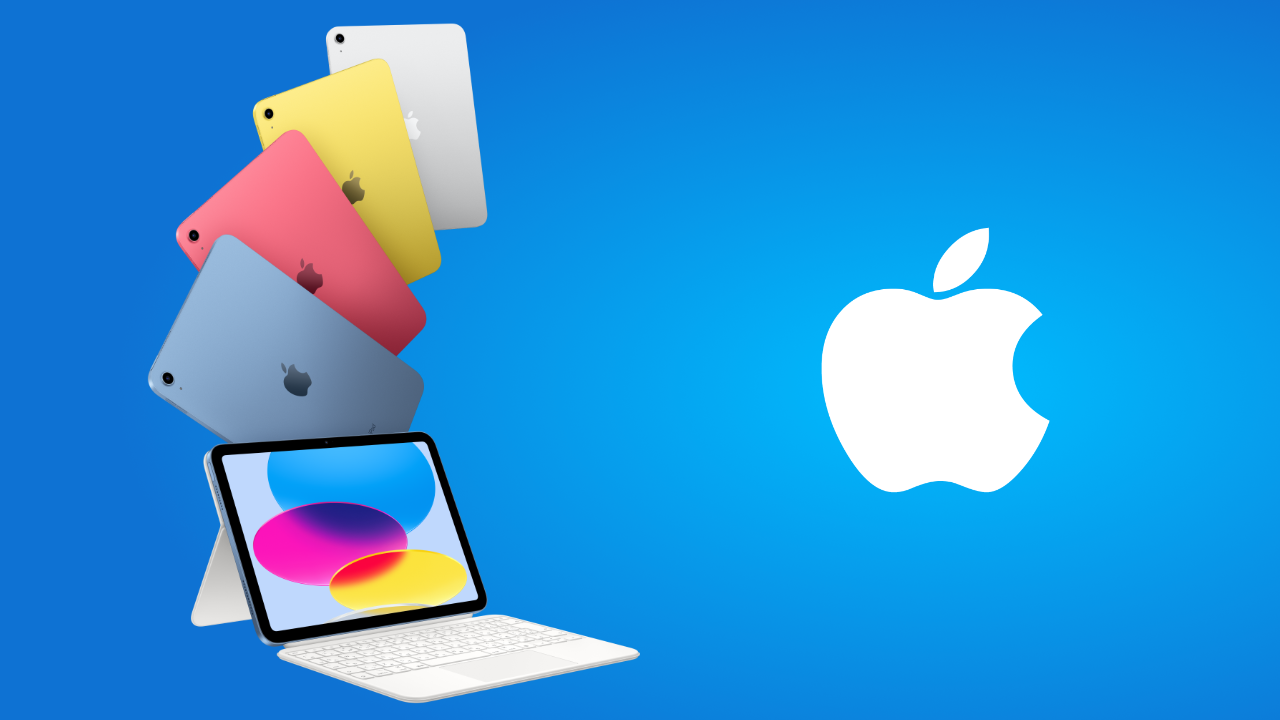Welcome back to our editorial series In the Land of Trillion Dollar Goliaths. Today Apple hit a new high in market value as many others keep climbing toward 2 Trillion and while on its face, it seems like a good thing, the problem lies in the question “at what cost?”
What we are witnessing is one of the largest wealth transfers in history.
Right now, while so many of us are social distancing and subsequently losing our small businesses, losing our jobs and now are cities are buring. Where are these cities going to get the money from to rebuild?
During all of this suffering, the Trillion Dollar Goliaths are getting bigger. What we are witnessing is one of the largest wealth transfers in history. Why should any one company ever be worth over $1 Trillion dollars? Imagine the diversity of products and services we would have today if so much innovation and wealth weren’t as concentrated in so few hands.
Trillion Dollar Goliaths market value
- Amazon (AMZN) 1.326 Trillion
- Apple (AAPL) 1.536 Trillion
- Google (GOOG) 1.004 Trillion
- Microsoft (MSFT) 1.502 Trillion
What we have to look forward to in the rest of 2020 is mass evictions of renters, home owners losing their homes and hiring at record lows. This is serious upheaval people and yet the rich get richer. We are not against wealth or the wealthy, what we are against is when the accumulation of wealth from one that suppresses the accumulation of wealth from others, in other words we hate monopolies and what it does to market choice.
Why do we tolerate such monopolies and duopolies? When will we demand that such market consolidation be eradicated?
The Solution

Can Amazon’s business be broken up into three or more parts? Can Amazon’s online store, Amazon’s Services business, Amazon’s Apps business, Amazon’s Twitch, 1st party products and Cloud business survive as independent entities?

Can Apple’s business be broken into three or more parts? Can Apple’s hardware business, Apple’s software business, Apple’s Services business like Apple TV+, Apple Music, iTunes and more, Apple’s Cloud Business survive as independent entities? How much innovation is being stifled with Apple building so many 1st party apps and then shipping those apps with every device sold?

Can Google’s (Alphabet’s) business be broken up into three or more parts? Alphabet’s businesses are essentially structured to live independently so that is easier, this would see businesses like YouTube no longer owned by Alphabet and by extension Google. Where the real opportunity in Alphabet’s businesses is inside Google. Can Google’s services like Search, Advertising, Google Play Music, Google Play Movies, Google Play Games, Google Play Apps, Google’s hardware business, Google’s Cloud business live as independent businesses? How much innovation is being stifled with Google building so many 1st party apps and then shipping those apps with every device sold?

Can Microsoft’s business be broken up into three or more parts? Can Microsoft’s Xbox business, Microsoft’s software business, Microsoft’s Surface business, Microsoft’s Mixer service, Microsoft’s Cloud business live as independent businesses? How much innovation is being stifled with Microsoft building so many 1st party apps and then shipping those apps with every device sold?
Conclusion
As we start the new 20’s decade, what do we want it to look like, what do we want to have accomplished, how do we want to live? Do we want fewer choices in the phones, PC’s, consoles, games and apps we buy? Do we want the movies and TV we watch provided by less than 5 companies with an ever-expanding catalog of cultural programming?
Apple would say there is plenty of choice as long as you buy through our App Store. Google would say there is plenty of choice as long as it runs Android, has Google services built-in like Search, Chrome, YouTube and the Google Play Store. That is the Illusion of Choice, not real market choice.






You must be logged in to post a comment.